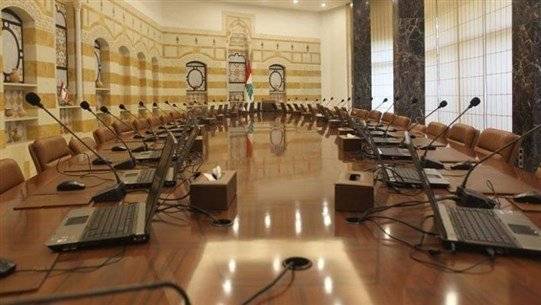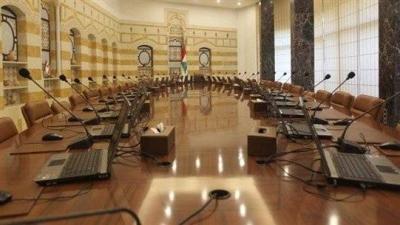Sunni MPs are monitoring the performance of President Najib Mikati and his positions regarding government formation. While they do not raise their hopes for a government that they describe as akin to a mission impossible, some of them persist in demanding their ministerial share, whether openly or behind the scenes. The attempts to establish Sunni blocs, most of which have failed, were originally aimed at retaining the right to ministerial positions. However, most of these MPs seem reassured that Mikati is calculating his steps in the government issue carefully. He does not want to add a single name to his list of opponents; he is already dealing with an open battle with the Free Patriotic Movement. Therefore, he is maneuvering to avoid bearing the consequences of promises and the hidden complications that lie within the details, as he prefers a government made up of 18 ministers (should he form the government), which would ease his task of selecting four Sunnis and absolve him from the Druze embarrassment by limiting the Druze representation to one minister from the Democratic Gathering.
Mikati will rely on a regional distribution strategy for Sunni shares, ensuring that the capital, Beirut, receives one minister, with others for West Bekaa, Tripoli, and Akkar. He repeatedly states in his meetings that the "binding Sunni consultations" will be with President Saad Hariri regarding the names and portfolios, particularly the minister for Beirut. Those who know Mikati do not rule out that he might cut off the line with Hariri to make another call to President Fouad Seniora and the Grand Mufti of the Lebanese Republic to come up with a name that does not anger anyone.
While some rely on MP Nabil Badr's words and his claim of having received a promise from Mikati regarding his possible appointment based on being nominated during parliamentary consultations, observers discount this, especially since the relationship between Badr and Hariri is not in good shape, and thus Mikati would not sacrifice it for Badr at the expense of Hariri and other former prime ministers.
Regarding West Bekaa, the name appears ready: current Minister of Environment Nasser Yassin, who has good relations with all parties: the Future Movement, MP Hassan Murad, and even the "change" faction. In contrast, the situation in Tripoli will see Mikati having the lion's share, and this also applies to Akkar, although the naming will be public through the Northern Parliamentary Meeting, and secretly for an individual whose name the Prime Minister has already prepared and tossed into the coalition.
If Mikati decides to make some adjustments to the names of the current ministers, some point out that there is a general consensus on the poor performance of Health Minister Firas Abyad, who has shocked everyone. Meanwhile, Mikati sees that the head of the Free Patriotic Movement, Gebran Bassil, has stakes in Ministers Bassam Mawlawi and Amin Salam. Changing them would mean opening a battle with Bassil, while keeping them would imply that Mikati is establishing a truce with the "Aounists."
In any case, Sunni MPs know that the ministry is in "safe hands" since Mikati will not monopolize the decision alone. At the same time, they realize that this demand is akin to "Don Quixote battles" that do not satisfy or meet their needs, considering that the general agreement among all is that there will be no government.




